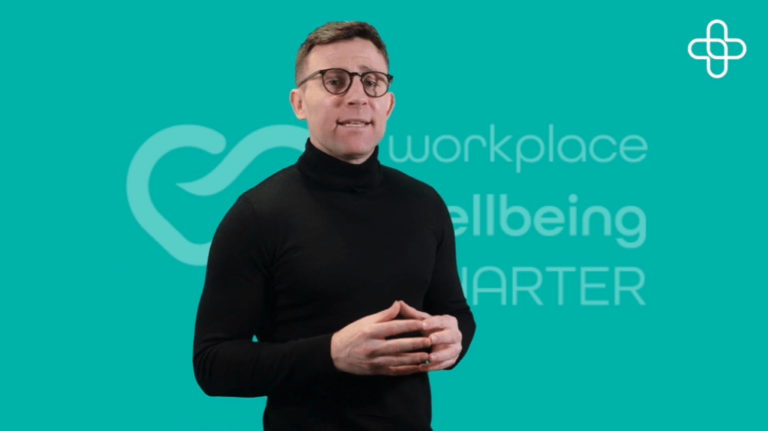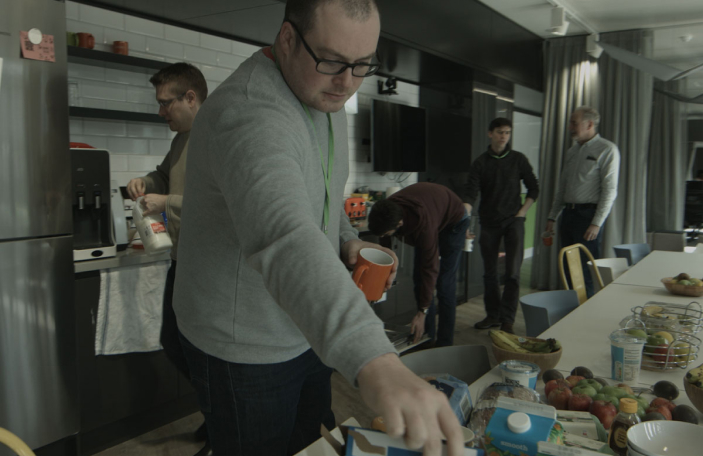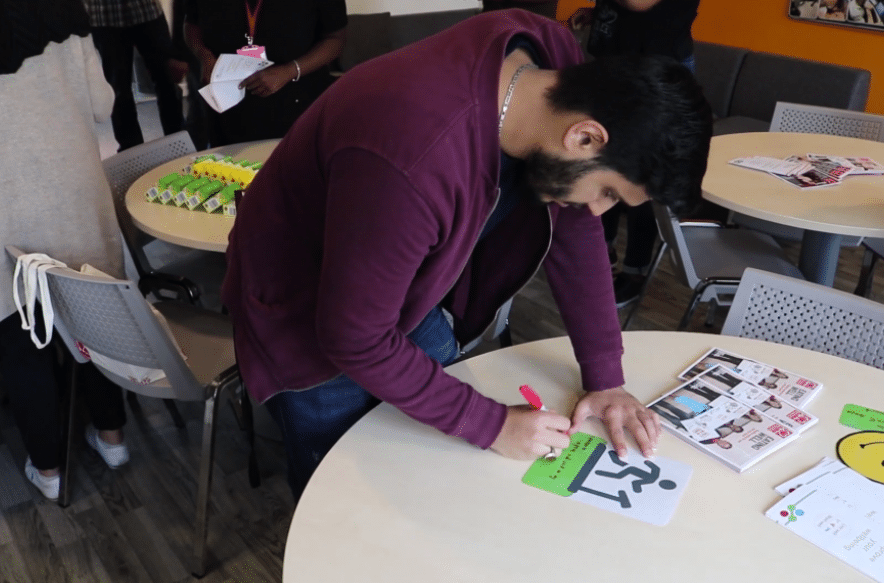How long is the Workplace Wellbeing Charter valid for?
The Workplace Wellbeing Charter is valid for two years from the date of accreditation. One of our team will contact you three months before the date your accreditation ends to organise your new reaccreditation.
How much does the Workplace Wellbeing Charter cost?
As part of the Medicash Group, we operate as a not-for-profit organisation. We want to help organisations promote positive health and wellbeing at an affordable price. See our pricing page or contact us on 0151 236 6608 to discuss a price bespoke to your organisation. Alternatively, you may prefer to contact us using our Enquiry Form found on the Workplace Wellbeing Charter page.
What is the cost for reaccreditation?
Using your Workplace Wellbeing Charter assessment details and after further discussion, a new proposal will be sent to you for consideration. In our experience, unless an extensive transformation occurs within your business, most reaccreditations cost less than the original Workplace Wellbeing Charter assessment.
How long does it take to achieve the Workplace Wellbeing Charter?
The average timeframe for achieving the Workplace Wellbeing Charter is 12 weeks. You can achieve accreditation sooner by having all of the relevant evidence available and meetings arranged in advance. Accreditation must be completed within eight months. If you have any problems achieving the Charter within eight months, you must notify your consultant to assess the situation.
How does the accreditation process work?
There are five categories that you will work through with the assistance of your assigned consultant. Throughout the process, you will have access to your own organisation’s ‘client folders’ where you can upload evidence and track progress. Your consultant will be on hand to answer any questions you may have and arrange milestone meetings to discuss progress. More information can be found on our Workplace Wellbeing Charter page.
When can I start using The Workplace Wellbeing Charter branding?
As soon as you begin the journey towards accreditation, our ‘Workplace Wellbeing Charter in Progress’ branding can be used. Once the Workplace Wellbeing Charter has been completed, the in progress branding will be replaced with the full Workplace Wellbeing Charter brand.
Can I work towards the accreditation and receive training credits?
Yes. We want to support organisations with their entire wellbeing programme. Please look at the Package Pricing page for our full range of accreditation packages. If you have any specific requirements, please get in touch, and we will put a bespoke plan together for you.
Can I speak to a member of the team to ask a question?
Of course, we are on hand to answer any and all of your questions. You can book a Discovery Call with one of our consultants. Please click on our home page and schedule a call. Alternatively, you may prefer to complete an Enquiry Form. Enquiry Forms can be found on The Workplace Wellbeing Charter page.
The Workplace Wellbeing Charter is valid for two years from the date of accreditation. One of our team will contact you three months before the date your accreditation ends to organise your new reaccreditation.
As part of the Medicash Group, we operate as a not-for-profit organisation. We want to help organisations promote positive health and wellbeing at an affordable price. See our pricing page or contact us on 0151 236 6608 to discuss a price bespoke to your organisation. Alternatively, you may prefer to contact us using our Enquiry Form found on the Workplace Wellbeing Charter page.
Using your Workplace Wellbeing Charter assessment details and after further discussion, a new proposal will be sent to you for consideration. In our experience, unless an extensive transformation occurs within your business, most reaccreditations cost less than the original Workplace Wellbeing Charter assessment.
The average timeframe for achieving the Workplace Wellbeing Charter is 12 weeks. You can achieve accreditation sooner by having all of the relevant evidence available and meetings arranged in advance. Accreditation must be completed within eight months. If you have any problems achieving the Charter within eight months, you must notify your consultant to assess the situation.
There are five categories that you will work through with the assistance of your assigned consultant. Throughout the process, you will have access to your own organisation’s ‘client folders’ where you can upload evidence and track progress. Your consultant will be on hand to answer any questions you may have and arrange milestone meetings to discuss progress. More information can be found on our Workplace Wellbeing Charter page.
As soon as you begin the journey towards accreditation, our ‘Workplace Wellbeing Charter in Progress’ branding can be used. Once the Workplace Wellbeing Charter has been completed, the in progress branding will be replaced with the full Workplace Wellbeing Charter brand.
Yes. We want to support organisations with their entire wellbeing programme. Please look at the Package Pricing page for our full range of accreditation packages. If you have any specific requirements, please get in touch, and we will put a bespoke plan together for you.
Of course, we are on hand to answer any and all of your questions. You can book a Discovery Call with one of our consultants. Please click on our home page and schedule a call. Alternatively, you may prefer to complete an Enquiry Form. Enquiry Forms can be found on The Workplace Wellbeing Charter page.





























